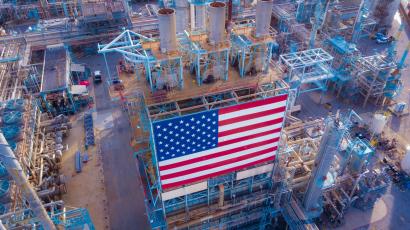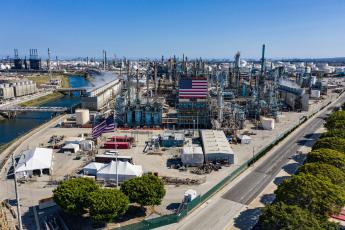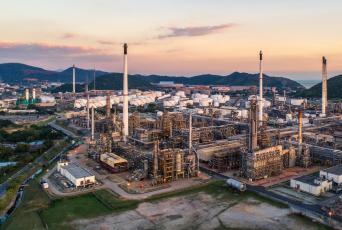Bad Ideas on the Rebound: Why Minimum Inventories & Export Restrictions are Still a Lose-Lose
Restricting exports would be a major unforced error for the President, tightening global fuel supplies, throttling U.S. fuel production and increasing costs for American consumers. Likewise, imposing product inventory requirements boils down to siphoning gasoline and diesel into storage, and away from consumers.







